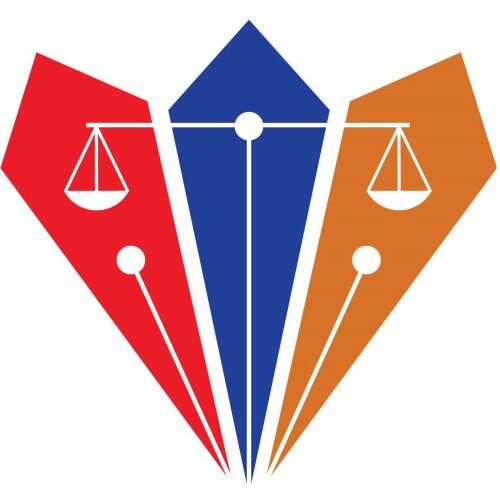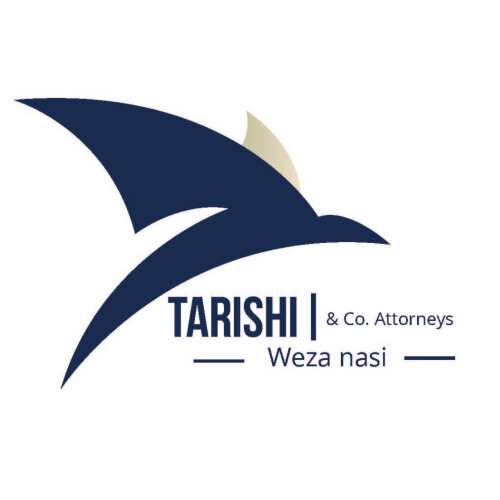Best Legal Document Lawyers in Tanzania
Share your needs with us, get contacted by law firms.
Free. Takes 2 min.
Or refine your search by selecting a city:
List of the best lawyers in Tanzania
About Legal Document Law in Tanzania
Legal document law in Tanzania governs the creation, interpretation, and enforcement of legal documents such as contracts, wills, leases, and agreements. It ensures that these documents are legally binding and protect the rights and interests of all parties involved. Understanding legal document law is crucial to avoid disputes and ensure that your rights are upheld.
Why You May Need a Lawyer
There are several situations where you may need a lawyer for legal document matters in Tanzania. Some common reasons include drafting or reviewing contracts, resolving disputes over agreements, creating wills or trusts, dealing with property leases, and navigating complex legal documents. A lawyer can provide expert guidance and ensure that your legal documents are valid and enforceable.
Local Laws Overview
In Tanzania, legal document law is governed by the Contracts Act, Land Act, Law of Succession Act, and other relevant legislation. These laws outline the requirements for creating legally binding documents, the rights and obligations of parties involved, and the procedures for enforcing legal documents in court. It is essential to familiarize yourself with these laws to protect your legal rights.
Frequently Asked Questions
1. What is a legal document?
A legal document is a written instrument that records an agreement, transaction, or legal relationship between parties. Examples include contracts, wills, deeds, leases, and powers of attorney.
2. Do I need a lawyer to draft a legal document?
While it is possible to create some legal documents without a lawyer, it is advisable to seek legal advice to ensure that the document is legally valid and meets your needs.
3. How do I know if a legal document is enforceable in Tanzania?
A legal document is enforceable in Tanzania if it meets the requirements outlined in the relevant laws, such as being in writing, signed by the parties, and executed with the necessary formalities.
4. What should I do if I need to challenge a legal document?
If you need to challenge a legal document in Tanzania, you should seek legal advice from a qualified lawyer who can help you understand your rights and options for resolution.
5. Can a lawyer help me interpret a legal document?
Yes, a lawyer can help you interpret a legal document by explaining its terms, implications, and legal consequences. They can also advise you on your rights and obligations under the document.
6. Is it necessary to register legal documents in Tanzania?
Some legal documents, such as property deeds and mortgages, may need to be registered with the relevant government authorities to be valid and enforceable. It is important to consult with a lawyer to ensure compliance with registration requirements.
7. What are the consequences of not following legal requirements for a document?
Failure to comply with legal requirements for a document in Tanzania may result in the document being deemed invalid, unenforceable, or subject to legal challenges. It is essential to adhere to legal formalities to protect your rights.
8. How can I find a lawyer for legal document matters in Tanzania?
You can find a lawyer for legal document matters in Tanzania by contacting the Tanzania Bar Association, seeking recommendations from friends or colleagues, or using online legal directories to find qualified attorneys in your area.
9. What fees can I expect to pay for legal document services in Tanzania?
Legal fees for document services in Tanzania may vary depending on the complexity of the matter, the experience of the lawyer, and the type of legal document involved. It is advisable to request a fee estimate from your lawyer before engaging their services.
10. How long does it take to draft a legal document with a lawyer in Tanzania?
The time it takes to draft a legal document with a lawyer in Tanzania will depend on the complexity of the matter, the responsiveness of the parties involved, and any legal research or negotiations required. Your lawyer can provide an estimate of the timeframe for completion.
Additional Resources
For more information on legal document matters in Tanzania, you can consult the Tanzania Bar Association, Legal Services Facility, or Law Society of Tanzania. These organizations provide resources, referrals, and support for individuals in need of legal assistance.
Next Steps
If you require legal assistance for document matters in Tanzania, we recommend contacting a qualified lawyer who specializes in this area of law. They can provide personalized advice, review your legal documents, and represent your interests in legal proceedings. Remember to act promptly to protect your rights and seek legal guidance to ensure compliance with local laws.
Lawzana helps you find the best lawyers and law firms in Tanzania through a curated and pre-screened list of qualified legal professionals. Our platform offers rankings and detailed profiles of attorneys and law firms, allowing you to compare based on practice areas, including Legal Document, experience, and client feedback.
Each profile includes a description of the firm's areas of practice, client reviews, team members and partners, year of establishment, spoken languages, office locations, contact information, social media presence, and any published articles or resources. Most firms on our platform speak English and are experienced in both local and international legal matters.
Get a quote from top-rated law firms in Tanzania — quickly, securely, and without unnecessary hassle.
Disclaimer:
The information provided on this page is for general informational purposes only and does not constitute legal advice. While we strive to ensure the accuracy and relevance of the content, legal information may change over time, and interpretations of the law can vary. You should always consult with a qualified legal professional for advice specific to your situation.
We disclaim all liability for actions taken or not taken based on the content of this page. If you believe any information is incorrect or outdated, please contact us, and we will review and update it where appropriate.
Browse legal document law firms by city in Tanzania
Refine your search by selecting a city.













